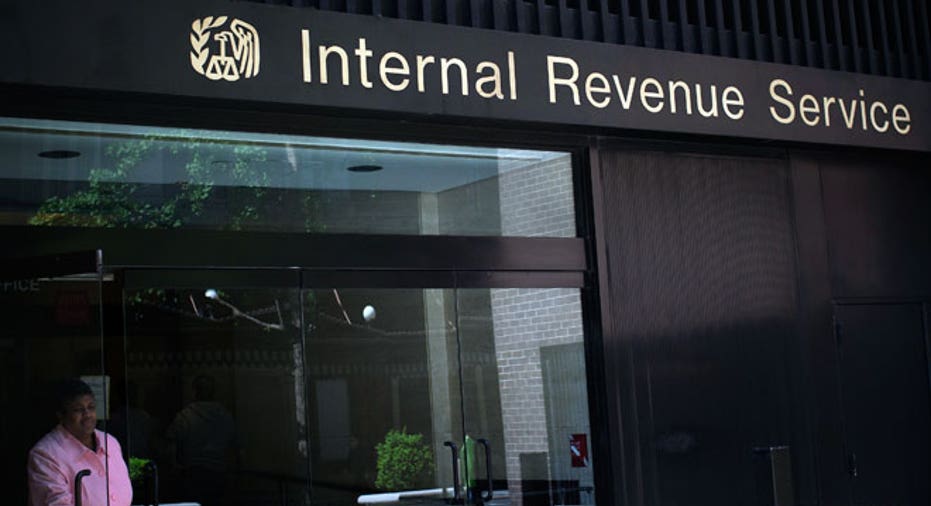The 2014 IRS Budget: All About Compliance

The debate over the debt ceiling and federal spending is still raging on in Washington, D.C., and many government agencies are learning to do more with less. Despite having the president sign off on a $600 million budget increase in 2009, the Internal Revenue Service’s customer service department leaves a lot to be desired.
Most of the cash infusion was to be used for beefing up enforcement personnel: auditors and collections staff. In fact, that budget allowed a 1% decrease in customer service. And I noticed that this was reflected in the longer hold times when calling the IRS.
The Treasury Inspector General for Tax Administration (TIGTA) announced the IRS requested approximately $12.9 billion for 2014, the total appropriations amount is about $1 billion more than the 2012 budget.
According to TIGTA, the IRS is currently operating under a Continuing Resolution, which provides temporary funding. However, even this funding had been cut due to sequestration that started March 1 in the form of spending cuts that reduced the IRS’ funding by $618 million. And rescission cancels part of the agency’s discretionary budget authority.
Here is what the IRS wants to do with the extra billion, according to its budget request:
- Funding to increase overall staffing by 4,572 full time equivalents
- Increase taxpayer services by 7.72%
- Increase enforcement by 6.93%
- Increase operations support by 13.51%
- Business systems modernization will consequently be reduced by 8.9%. during the past several years
Implementation of the Patient Protection and Affordable care Act of 2010 (ACA), which comes into fuller effect in 2014, is going to present a challenge to the IRS. After all, it will be the one administering approximately 50 provisions of this act – penalty imposition, tax credits to name a few. At least eight of these provisions will require that the IRS build new computer applications and business processes. In 2012, the IRS received $299 million to support the hiring of 664 full-time equivalent employees in order to start the ball rolling on this major project. The 2014 budget request is for an additional $440 million to provide 1,954 full time employees to continue the process.
Tax enforcement is always an issue. The Tax Gap, which is the difference between what the IRS is owed and what they collect, has widened over the years. This is due to not only filers who can’t afford to pay but also non-filers in the underground economy. The latest measure of the Tax Gap in 2006 was $450 billion compared to $345 billion in 2001.
The IRS seeks not only additional enforcement personnel to shave down the tax gap, but to also improve information reporting. Third parties already report various tax-related transactions relating to individuals and businesses: 1099 income, W2 income, 1098 mortgage interest, sales of securities, K-1 income from partnerships and other entities to name a few. There has to be more ways to better extract information to allow the agency to compare what a person or business declares on the tax return and their financial reality.
The IRS also believes it can close the Tax Gap by providing better customer service. By improving the methodologies dealing with these taxpayer questions and problems, the agency says more people will come into compliance. It also wants to increase the number of days and hours that it will keep open the Taxpayer Assistance Centers. Good idea. If taxpayers didn’t feel overwhelmed by outrageous hold times, they might jump at the opportunity to take care of their tax obligations.
By increasing enforcement activities, the agency will be able to harness resources previously unavailable in order to identify and contact non-filers. During the past several years, the IRS has been working hard to remedy the International Tax Gap and while it has backed off a bit recently, it still considers offshore accounts and foreign financial assets to be a priority.
Speaking of enforcement, there has been a surge of identity theft involving tax refunds. To combat this growing problem, the IRS is taking additional steps to identify false tax returns before they are even processed.
It’s all about compliance. So this is what the IRS wants. Whether it gets what it wants for 2014 remains to be seen.



















